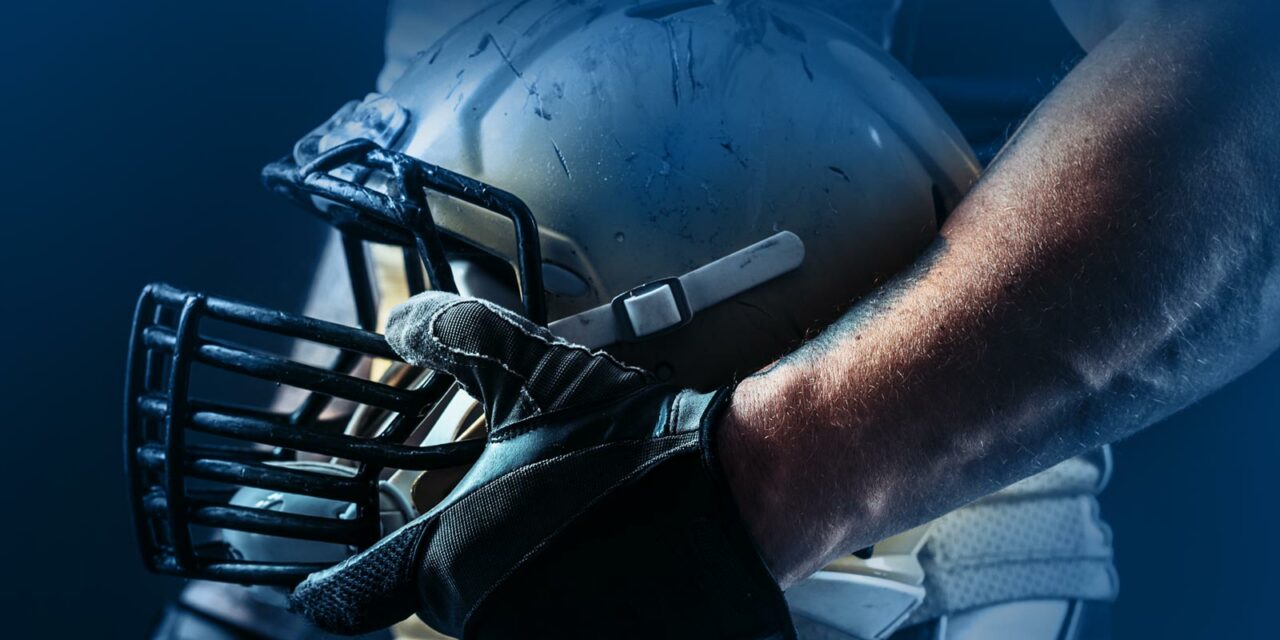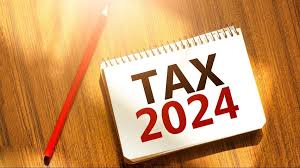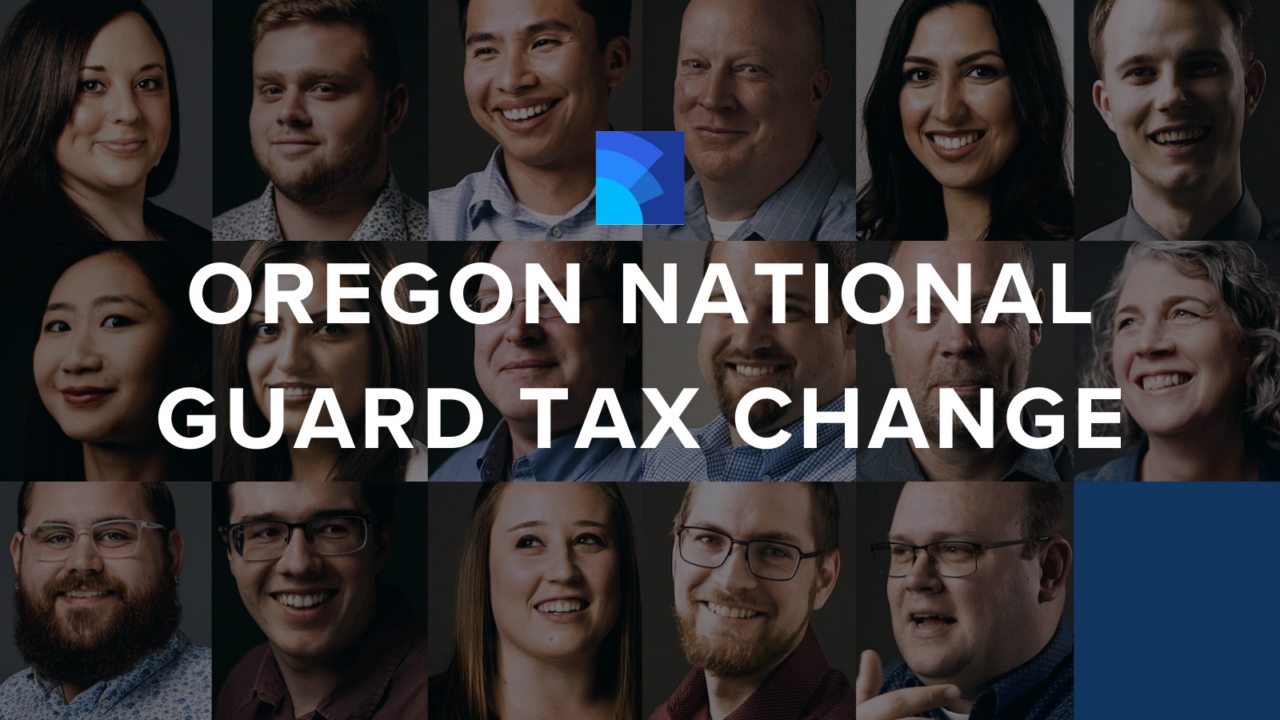Restaurants and bars get by on very thin profit margin so it is important to keep proper accounting records to improve their odds of success. Good records and bar accounting can tell you where your business is doing well and where it isn’t but you need an efficient system to record and track all the important information.
Bar & Hotel Accounting
As a restaurateur, you need to decide how involved you want to be. As a start-up, you might need to keep the books yourself but over time you should also consider the advantages and disadvantages of using a restaurant and bar accountant or bookkeeper. It may be a cost that you are reluctant to have but it can free up your time so you can focus on running and growing your restaurant.
Depending on your personal preferences and budget, you can keep your books in several different and proven bar accounting ways – manually or electronically.
If the volume of your business is modest and you’re still uncomfortable with technology, you can use a basic paper ledger book or a one-write system that uses carbon paper to post each entry to multiple accounts. While this is simple and straightforward, it will take your accountant longer to create your reports. It may be more expensive and prone to errors.
You can also use simple spreadsheets if you are a small operator. Just like a paper ledger, it is easy to use and your bar accountant or bookkeeper can easily export the data to more powerful accounting software.
Nowadays, most businesses use small-business bar accounting systems such as Xero or QuickBooks, which work well for restaurants with the right set of accounts. Your accountant or bookkeeper will use a specific program and set your restaurant up on it.
There are restaurant-specific programs with different features and levels of sophistication but the basic key features you should be looking for are POS, inventory management and ordering, and accounting. Your restaurant will benefit from these programs.
It may be hard to set up your books and learn which entries go in which accounts (double-entry accounting has always been complicated) so having it done by the experts can save you time and grief. You can choose to do it yourself and use sample accounts for restaurants and bars online but even if you do that, you will still benefit from using a professional to guide you and save you hours of confusion and possibly even stress.
What do you need to track?
A restaurant and bar accounting system will provide you with the information you need to know periodically like tax, food cost, labour cost and how they relate to your sales.
Taxes and year-end reports are often handled by professionals.
The most important information you should focus on are sales, orders, payroll and value of inventory, which are all directly related to the success of your restaurant.
You should know how much revenue you take in daily and break it down into food and beverage or by category or dishes. Your POS can do this if properly programmed and used.
You should also see the costs of the products you have ordered in and how much wages you’re paying. These are two of your key expenses.
Know how much each dish costs and how much of your menu items are selling. Find out your total food cost as a percentage of sales. Make sure it is at a maximum of 30 to 33 percent.
Keep in mind that your payroll and food cost combined normally add up to around two thirds of your sales. If your labour cost is above that, you would need to reduce your expenses somehow.
Monitor the value of your inventory but this needs to be counted manually because a restaurant and bar accounting system can only show you what you should have in stock. You don’t need to keep more than a week’s inventory in stock if your orders come in every day or every week. Doing so will only tie up your capital and increase the odds of spoilage or theft. If there is a discrepancy between what the records say you should have and what you actually have, you might be losing profit to bad portion control, theft or freebies.
There are fixed costs such as lease and utilities payments. Remember that your lease should cost only 7 or 8 percent of your sales. If it is higher than that, negotiate with your landlord for a reduction or a lower base with a sliding percentage of sales.
All these reports will show you your restaurant’s financial health status.




